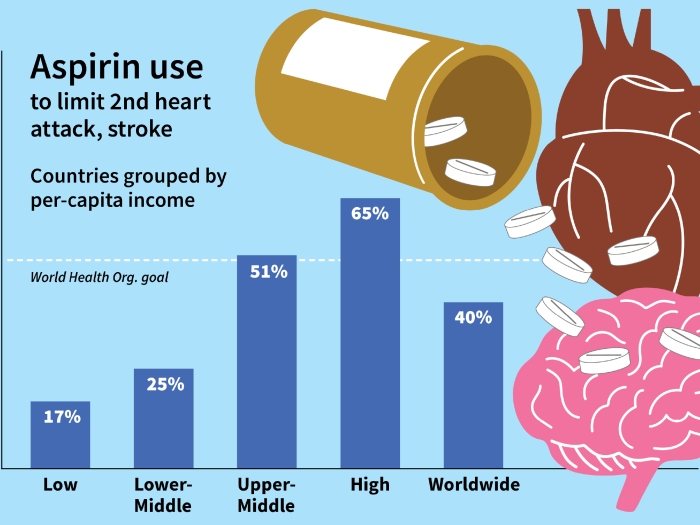Clinical smart watch finds success at identifying atrial fibrillation
5:00 AM
The device would be the first clinical-grade, diagnostic wrist-worn device for long term Afib monitoring. Visit Health Lab to read the full story.
Transcript
Host:
Welcome to Health Lab by Michigan Medicine, your destination for news and stories about the future of healthcare. Today: A smart watch finds success at identifying atrial fibrillation. The device would be the first clinical-grade, diagnostic wrist-worn device for long term Afib monitoring.
As the use of wearable technology grows, smart watches are marketed across the globe to consumers as a way to monitor health.
For some, they’re told by these devices that they have atrial fibrillation, an irregular heartbeat, which is known to increase the risk of heart attack and stroke.
“Unfortunately, this has led to a tsunami of healthy patients coming to clinics complaining about having atrial fibrillation, and we see many false positives without really having a way to use these devices clinically,” said Hamid Ghanbari, a cardiac electrophysiologist the University of Michigan Health Frankel Cardiovascular Center.
To address the clinical gap, a research team developed a prescription wristwatch that continuously monitors the wearer’s heart rhythm and uses a unique algorithm to detect atrial fibrillation.
The clinical-grade device, called the Verily Study Watch, proved very accurate at identifying atrial fibrillation in participants.
The results are published in the Journal of the American Heart Association.
“Right now, we typically manage patients with atrial fibrillation using electrocardiogram, or ECG, patches that we put on the chest, but the future of Afib management will be on the wrist,” said Ghanbari, lead author of the study.
Much like consumer wearable devices, the Verily Study Watch detects subtle changes in heart rhythm by sending light pulses through the skin into the blood vessels, a process known as photoplethysmography.
If it suspected Afib, the device would prompt a user to take a single-lead ECG to determine if the algorithm correctly identified Afib.
The results would then be reviewed by a cardiographic technician before it was reported to the participant’s physician.
The device analyzed data every 15 minutes, and its deep neural network algorithm determined whether over 100 participants had atrial fibrillation between September 2020 and May 2021.
The study watch correctly identified atrial fibrillation in the vast majority of participants, with levels of false negatives and positives that was similar to other devices for detection of Afib using similar technology.
Although there was a decrease in performance of the device for some episodes of atrial fibrillation for participants with darker skin tones, it was still able to detect Afib in those patients.
Researchers say this is the first study to report the performance of the this algorithm for participants at all levels of physical activity.
The device’s accuracy of detecting Afib was comparable during low and moderate levels of activity.
Consumer-facing devices, like Apple Watch and Fitbit, are cleared by the United States Food and Drug Administration for pre-diagnostic purposes but are not intended for clinical decision making.
This device, Ghanbari says, could provide that link that allows providers to effectively use data from wearables to manage patients with Afib.
For more on this story and for others like it, visit michiganmedicine.org/health-lab. And subscribe to the Health Lab podcast wherever you listen to your favorite shows.

Listen to more Health Lab podcasts - a part of the Michigan Medicine Podcast Network.





